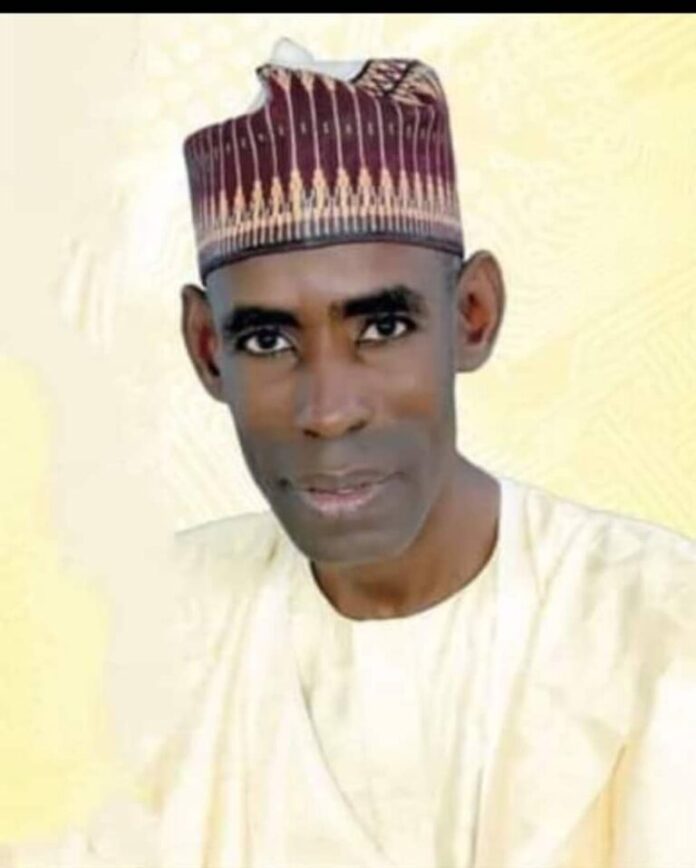Kwankwaso’s Rumoured Defection: A turning point or a political gamble for Kano?, by Engr. Bello Gwarzo Abdullahi, FNSE
Is it worth the trouble? One may rightly ask, why does the politics of Kano remain such a compelling theatre in Nigeria’s democratic journey? What makes it so alluring that every political move here reverberates across the country like a seismic event?
Today, we are once again at a crossroads — a moment marked by strong and persistent rumours suggesting that Dr. Rabiu Musa Kwankwaso, the influential leader of the New Nigeria People’s Party (NNPP), may be plotting a return to the All Progressives Congress (APC). For some, this is just another routine political manoeuvre. For others, it represents a betrayal of ideals long cherished by the people of Kano — a region that has historically stood as a bastion of progressive politics, popular resistance, and principled leadership.
Personally, I would have dismissed these rumours as mere speculation, the usual noise that precedes every political season. But certain developments have forced a more serious reflection: the sudden and strategic meeting of APC stakeholders in Abuja, seemingly to address this very issue; the carefully-worded rebuttals from the NNPP; and the BBC interview granted by Dr. Abdullahi Umar Ganduje, which, instead of clarifying matters, left many more questions than answers.
READ ALSO: The futility of political godfatherism, by Engr. Bello Gwarzo Abdullahi, FNSE
As the adage goes, “there’s no smoke without fire.”
While I make no claims to being a political heavyweight, my journey in the civic space began decades ago — as a secondary school supporter of the late Mallam Aminu Kano, culminating in my role as interim chairman of the Aminu Kano Memorial Club at Bayero University, Kano. This gives me a modest claim to speak on the subject of Kano’s political identity — one that has always been rooted in people-first ideals.
Kano is no ordinary state. Its political history — from the pre-Jihad period through to the colonial era and into Nigeria’s post-independence democratic experiments — has been shaped by visionary leadership and a unique ability to align with the aspirations of the common man. Our people are politically sophisticated, fiercely independent, and, above all, committed to national progress. We saw this during the 1994 pre-constitutional conference, where Kano stood firm in articulating a vision of Nigeria that prioritized equity, justice, and popular participation.
The rumoured defection of Dr. Kwankwaso, if true, is not merely a personal choice. It is a decision laden with implications. It touches on the integrity of opposition politics in Nigeria, the trust of the masses in alternative platforms like the NNPP, and the ability of Kano to continue playing its traditional role as a stabilizing force and moral compass in our national politics.
There is a critical question to be asked: Are we ready to remain relevant — to remain the yardstick by which Nigerian democracy is measured — or are we content with being complacent, even complicit, for a mere “pot of porridge”? Are we sacrificing the long-term aspirations of our people for short-term political calculations? The stakes are too high for such carelessness.
In these times of economic hardship, social discontent, and growing political apathy, our leaders must reflect deeply before making decisions that could further alienate the people. The defection of a figure like Kwankwaso, who built a significant movement and attracted disillusioned Nigerians seeking a fresh start, cannot be treated as a trivial political switch. It would signal to many that ideology no longer matters, that the hopes invested in alternative parties were in vain.
We must demand accountability from all our leaders — within the APC, the NNPP, and beyond. Political power is not an inheritance, nor is it a private venture. It is a public trust, and Kano’s history has shown that its people will not hesitate to remind leaders of that fact when they stray from the path.
To all Kano stakeholders — political leaders, traditional rulers, youth, women, the ulama, and civil society — the time to speak and act is now. We must engage, interrogate, and insist that any move made in the name of political survival does not come at the cost of the people’s collective dignity and destiny.
The people are watching. And if history is any guide, Kano will not remain silent if its values are threatened.
bgabdullahi@gmail.com
26 September 2025
Follow the Neptune Prime channel on WhatsApp:
Do you have breaking news, interview request, opinion, suggestion, or want your event covered? Email us at neptuneprime2233@gmail.com





